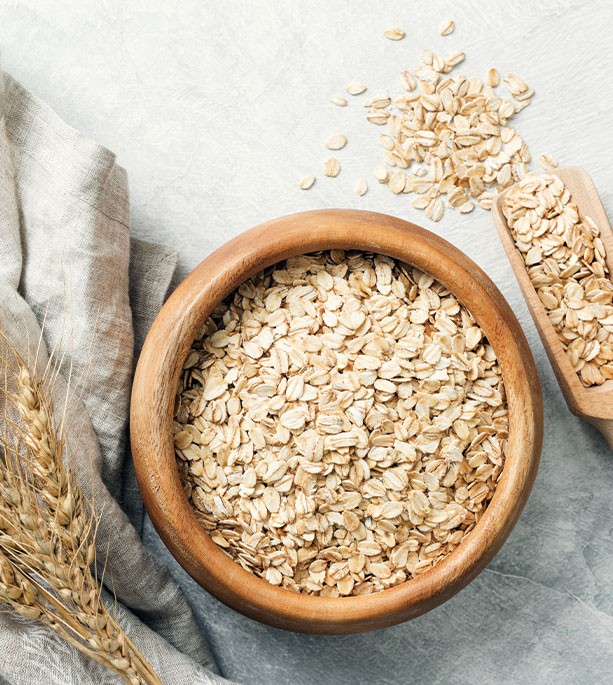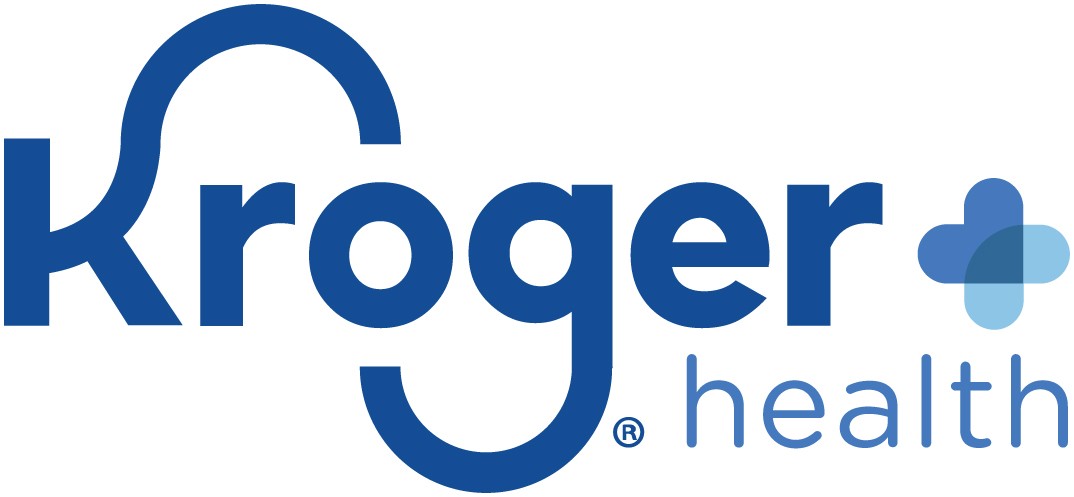When you’re feeling down, it can be tempting to turn to high-calorie, carbohydrate-rich foods to help you feel a little better. There’s a reason you’re drawn to these unhealthy picks, says Elizabeth Somer, M.A., R.D., a dietitian and medical advisory board member for Persona Nutrition.
“When you eat a carbohydrate-rich snack, like popcorn or cookies, it raises levels of a chemical in the brain called serotonin, which regulates both your mood and your appetite,” she says. “When serotonin levels are low, it can lead you to feeling blue—and craving carbs to raise serotonin levels in the brain.”
The problem with reaching for unhealthy carbs (snacks like crackers, a bagel, granola bar or handful of jellybeans) is that while these foods might raise your serotonin levels and provide temporary relief, they’ll also leave you feeling worse in the long run, says Somer. A better choice is to choose foods that offer a more sustained boost in serotonin, “which will do a much better job at helping you rise above the blues,” she adds.
There’s a catch, though. While the foods here can go a long way toward lifting your spirits, you shouldn’t expect them to work if the rest of your diet is loaded with processed, nutrient-lacking foods, says Somer. “Don’t think adding a few feel-good foods to a typical American diet is going to improve your mood,” she says. “However, if you’re eating well—and by well I mean following a Mediterranean-inspired diet rich in colorful fruits and vegetables, whole grains, legumes and other real food—then the following foods will enhance your mood, energy, cognition and more.”
Here are Somer’s top mood-boosting picks:
Salmon: Studies suggest that those who consume ample amounts of the omega-3 fat DHA—found in fatty fish, such as salmon—are less prone to depression, aggressiveness and hostility. “In fact, the evidence is so overwhelming in favor of this omega-3 in the prevention and treatment of depression and mood disorders that DHA is often recommended along with anti-depressant medications,” says Somer. Why? It turns out this healthy fat is a major player in the brain. “DHA helps form healthy membranes that easily transport nutrients into brain cells, lowers inflammation and raises serotonin levels,” Somer explains. “That is probably why people who include DHA-rich foods like salmon in their weekly diets show a reduced incidence of depression.” Aim for at least two servings a week of fatty fish, such as salmon, herring, mackerel or sardines, or look for foods fortified with the omega-3 DHA.
Spinach: This dark, leafy green contains folate, a B vitamin essential for the body’s production of serotonin. “Spinach and other dark, leafy greens are also rich in other mood-boosting nutrients, such as magnesium, iron, antioxidants and fiber,” adds Somer. Research shows that people who are low in folate often have an increased risk of depression, fatigue and poor memory. Aim for 400 micrograms of folate a day, or the amount in 1½ cups of sautéed spinach.
Whole grains: Instead of the refined grains you might crave when you’re feeling low, opt for 100-percent whole wheat and other whole grains, says Somer. “They supply higher levels of most vitamins and minerals, antioxidants and fiber and help stabilize blood sugar levels. Refined grains can send you on a blood-sugar roller coaster, leaving you jittery, grumpy and hungry.”
The next time you’re craving a carbohydrate-rich snack, opt for one of these healthier choices that’ll provide a much-needed serotonin boost—minus the sugar rush:
- Half of a 100 percent whole-wheat English muffin topped with jam
- Half of a toasted whole-wheat bagel with honey drizzled over the top
- A small bowl of old-fashioned oatmeal topped with craisins and 1 teaspoon brown sugar
Nuts: One of the simplest ways to manage your mood using food is to keep your blood sugar stable, and nuts are a tasty snack that does just that. “Compared to potatoes, corn flakes or other carbohydrate-rich foods that rank very high on the GI [glycemic index] scale, peanuts and other nuts rank low—meaning they don’t raise blood sugar levels,” says Somer. “People who keep their blood sugar steady typically consume fewer calories throughout the day, because their energy level and mood are stable—and they aren’t as hungry as a result.”
You can try to outsmart your next carbohydrate-rich craving by having a one-ounce serving of nuts between meals, which should keep your blood sugar (and mood!) stable and prevent you from reaching for sugar-filled snacks.
Learn how Kroger is helping people to live healthier lives at krogerhealth.com








